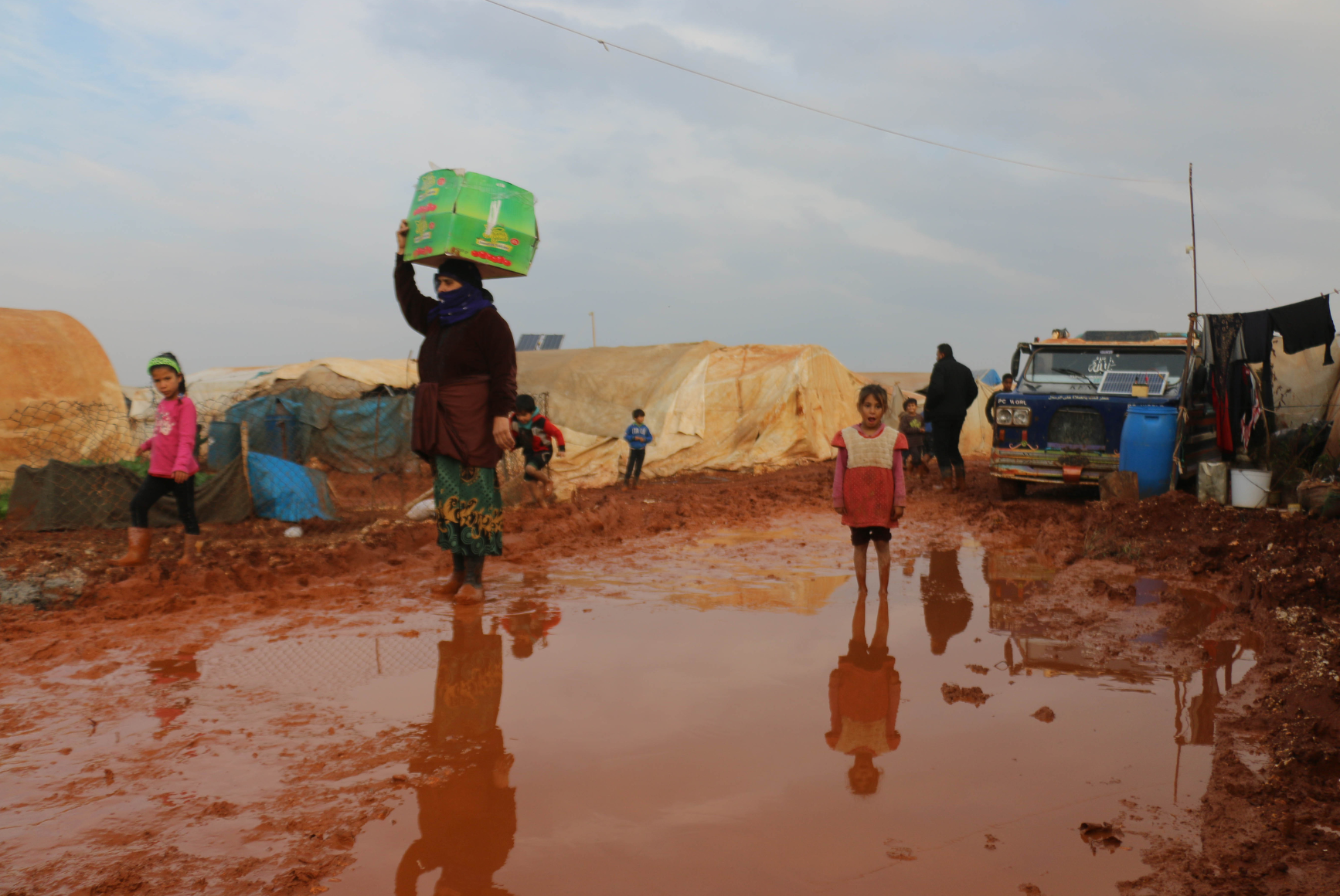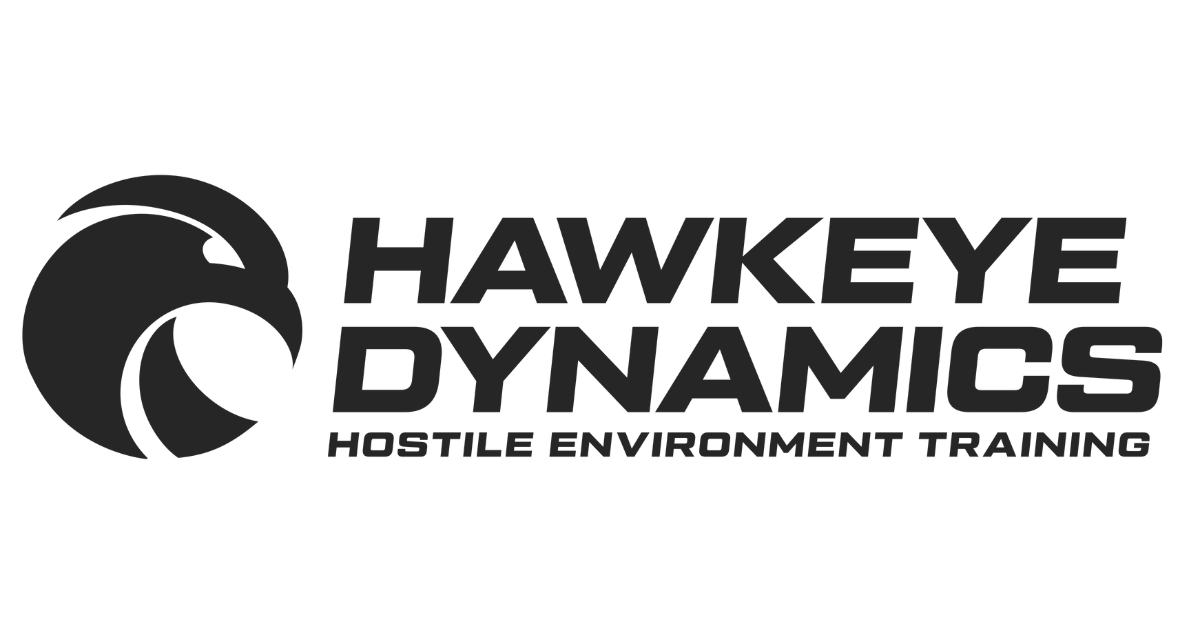Considerations for Working in the Field
Working on an international mission can be one of the most rewarding professional and personal experiences of your life. When you decide to embark on such a mission, you take on a multitude of responsibilities, ethical tasks, and the challenge of working within an international team. This commitment influences every action and decision in the field.
Embracing Your Role and Responsibilities
Starting a mission means adhering to your organisation’s code of conduct and upholding its reputation. More importantly, engaging in international missions is a commitment to local capacity building. Although you may be considered an ‘expert’ due to your skills and experience, it’s essential to remain open to learning from both national and international colleagues and partners.
Key responsibilities include:
- Upholding organisational reputation: Your actions reflect not only on you but on your entire organisation. This means maintaining professionalism even in informal settings.
- Local capacity building: A crucial aspect of international missions is empowering local communities. This might involve training local staff, collaborating with community leaders, or implementing sustainable projects that can continue after your departure.
- Continuous learning: Local knowledge is invaluable, offering unique insights that complement and enhance your prepared expertise. This combination of on-the-ground knowledge and the skills you learnt on pre-deployment training, will help maximise your effectiveness in the field.
- Cultural ambassadorship: You’re not just representing your organisation, but your country as well. This role requires diplomacy, patience, and a willingness to bridge cultural divides.
Understanding the Field Environment
The field environment in international missions is vastly different from a typical office setting. It’s a complex ecosystem influenced by various factors:
- Social and cultural differences: You’ll be working alongside colleagues from diverse backgrounds and interacting with local communities that may have very different customs and social norms.
- Political sensitivities: Many missions involve rebuilding and reforming public institutions. This process can affect power dynamics within the host country and requires a nuanced understanding of local politics.
- Security challenges: Fragile security situations are common in many mission areas. This might mean restricted movement, curfews, or the need for constant situational awareness.
- Infrastructure limitations: You may encounter unreliable electricity, limited internet access, or inadequate healthcare facilities. Being prepared for these challenges is crucial.
- Psychological impact: Working in areas affected by conflict or natural disasters can be emotionally taxing. The population may be traumatised by political violence and human rights violations, which can affect your own mental well-being.
Real-world scenario: In a post-conflict zone, you might be tasked with helping to reform the local police force. This involves navigating complex relationships between different ethnic groups, addressing past human rights abuses, and building trust with a skeptical population – all while ensuring your own safety in an unstable environment.
Procedures and Code of Conduct
Understanding and adhering to Standard Operating Procedures (SOPs) and codes of conduct is non-negotiable in field missions. These guidelines are essential for maintaining consistency, safety, and ethical standards across diverse and challenging environments.
Standard Operating Procedures (SOPs)
SOPs cover a wide range of activities, from daily operations to emergency responses. Key areas include:
- Personnel management: Guidelines on hiring local staff, performance evaluations, and conflict resolution.
- Financial management: Procedures for budget allocation, expense reporting, and preventing fraud.
- Vehicle management: Rules for vehicle use, maintenance schedules, and accident reporting.
- Safety and security: Protocols for movement in high-risk areas, communication during emergencies, and evacuation procedures.
- Reporting mechanisms: Guidelines for regular reporting, incident documentation, and information sharing.
Example: An SOP for vehicle management might include daily vehicle checks, a sign-out system for keys, GPS tracking for all mission vehicles, and specific procedures for what to do in case of a breakdown or accident in a remote area.
Adhering to the Code of Conduct and Ethical Principles
Your conduct is under constant scrutiny, both by local communities and by your own organisation. Key ethical principles include:
- Independence: Maintaining objectivity and avoiding conflicts of interest.
- Impartiality: Treating all individuals and groups fairly, without bias or discrimination.
- Objectivity: Basing decisions and actions on verifiable facts rather than personal opinions.
- Loyalty: Commitment to the mission’s goals and the organisation’s values.
- Confidentiality: Protecting sensitive information and respecting privacy.
Real-world scenario: You might be offered gifts by local officials or community members as a gesture of goodwill. However, accepting such gifts could be seen as compromising your impartiality. Having a clear understanding of your organisation’s gift policy and the cultural context is crucial in navigating such situations.
Cultural Sensitivity and Diversity
Cultural sensitivity is about building genuine connections and trust with local communities and colleagues.
Respecting Your Host Culture
- Learn about local customs: This includes greetings, dining etiquette, and appropriate topics of conversation.
- Understand religious practices: Be aware of religious holidays, dietary restrictions, and prayer times.
- Respect local dress codes: This is particularly important for maintaining professional relationships and showing respect for local norms.
- Be aware of non-verbal communication: Gestures, personal space, and eye contact norms can vary significantly across cultures.
Building Trust
Creating a trusting environment is essential for effective mission work. This involves:
- Consistency in words and actions: Follow through on commitments and promises.
- Transparency in decision-making: Explain the rationale behind decisions, especially when they affect local communities.
- Active listening: Show genuine interest in local perspectives and concerns.
- Cultural humility: Acknowledge your own cultural biases and be open to learning.
- Patience: Building trust takes time, especially in post-conflict environments.
Real-world scenario: In a community meeting about a new infrastructure project, local leaders express skepticism based on past experiences with international organisations. Building trust here might involve organising site visits to successful projects, involving community members in the planning process, and establishing clear, culturally appropriate communication channels for ongoing dialogue.
Managing Communication and Media Relations
Effective communication is vital in mission work, both internally and with external stakeholders.
Personal Communication
- Social media guidelines: Understand the risks of sharing mission-related information on personal accounts.
- Privacy settings: Maintain high privacy settings on all personal social media accounts.
- Separation of personal and professional: Be cautious about connecting with local contacts on personal social media.
Internal Communication
- Regular briefings: Ensure all team members are aware of the mission’s progress, challenges, and upcoming activities.
- Cross-cultural communication training: Provide tools for effective communication within diverse teams.
- Feedback mechanisms: Establish channels for staff to provide input and raise concerns.
Crisis Communication
- Designated spokespersons: Identify and train specific individuals to handle media inquiries during crises.
- Pre-prepared statements: Have templates ready for common crisis scenarios.
- Information verification: Establish a system for quickly verifying information before public release.
- Stakeholder mapping: Identify key stakeholders who need to be informed during various types of crises.
Media Monitoring and Rebuttals
- Local media landscape: Understand the media environment in your host country, including influential outlets and potential biases.
- Relationship building: Cultivate relationships with key journalists for more balanced coverage.
- Rapid response team: Have a dedicated team ready to address misinformation or negative coverage quickly.
- Positive story promotion: Proactively share mission successes and positive impact stories.
Dress Codes and Uniforms
Appropriate attire is a form of non-verbal communication that can significantly impact your effectiveness and safety in the field.
Dress Codes
- Cultural considerations: Research local norms regarding modesty, colour symbolism, and appropriate attire for different occasions.
- Professional standards: Maintain a professional appearance even in casual settings to reinforce your role.
- Practical considerations: Choose clothing suitable for local climate and working conditions.
- Gender-specific norms: Be aware of different expectations for men and women in conservative societies.
Recognising Different Uniforms
- Mission-specific uniforms: Familiarise yourself with the uniforms of your own organisation and those of partner agencies.
- Local security forces: Learn to identify different branches of local law enforcement and military.
- Other international organisations: Recognise the uniforms and vehicles of UN agencies, NGOs, and other international actors in your area.
- Cultural significance: Understand any local cultural or historical associations with certain types of uniforms.
Addressing the Language Barrier
Overcoming language barriers is crucial for building relationships and achieving mission objectives.
Learning the Local Language
- Basic phrases: Learn greetings, thank you, please, and other common courtesies in the local language.
- Numbers and time: Being able to discuss dates, times, and basic quantities is invaluable.
- Key terms related to your work: Learn the local terms for important concepts in your field.
- Ongoing learning: Consider language classes or language exchange with local colleagues.
Working with an Interpreter
- Briefing: Always brief your interpreter about the context and goals of the meeting beforehand.
- Speaking style: Use clear, concise language and pause regularly to allow for interpretation.
- Cultural mediation: A good interpreter can also provide cultural context and nuance.
- Confidentiality: Ensure your interpreter understands the importance of maintaining confidentiality.
- Direct communication: Maintain eye contact with the person you’re speaking to, not the interpreter.
Real-world scenario: In a community health project, you might work with a local interpreter to explain vaccination procedures to village elders. Instead of merely translating for you, the interpreter might need to use culturally appropriate analogies to explain medical concepts and help navigate any cultural taboos or misconceptions about healthcare.
Conclusion
Successfully navigating the complexities of international field work requires a combination of thorough preparation, cultural sensitivity, adaptability, and a strong ethical foundation. By understanding your role and responsibilities, respecting cultural differences, adhering to organisational procedures, and managing communication effectively, you can maximise your impact and ensure a rewarding experience.
Remember that every mission is unique, and the ability to learn and adapt quickly is perhaps the most valuable skill you can bring to the field. Stay open to new experiences, be patient with yourself and others as you navigate cultural differences, and always prioritise the safety and well-being of yourself and your team.
For more information, contact Hawkeye Dynamics to learn more about our comprehensive training services designed to prepare you for your mission. Our expert-led courses cover a wide range of topics, ensuring you have the knowledge and skills needed to stay safe and effective in high-risk environments. Reach out to us directly to find the right training program for your needs.
References
United Nations. (2018). United Nations Peacekeeping Operations: Principles and Guidelines. Retrieved from https://peacekeeping.un.org/sites/default/files/capstone_eng_0.pdf
Rubinstein, R. A. (2008). Peacekeeping Under Fire: Culture and Intervention. Paradigm Publishers.
United Nations Department of Safety and Security. (2021). Security Policy Manual. Retrieved from https://www.un.org/en/safety-and-security
United Nations. (2020). United Nations Field Security Handbook. New York: United Nations.
International Committee of the Red Cross. (2018). Professional Standards for Protection Work. Retrieved from https://www.icrc.org/en/publication/0999-professional-standards-protection-work-carried-out-humanitarian-and-human-rights
United Nations. (2021). Office of the United Nations Ombudsman and Mediation Services. Retrieved from https://www.un.org/en/ombudsman/
Slim, H. (2015). Humanitarian Ethics: A Guide to the Morality of Aid in War and Disaster. Oxford University Press.
United Nations Department of Global Communications. (2020). UN Communications Guidance. Retrieved from https://www.un.org/en/department-global-communications
United Nations. (2019). UN Field Missions: Administration and Support. Retrieved from https://peacekeeping.un.org/en/mission-support
UNHCR. (2009). Interpreting in a Refugee Context. Retrieved from https://www.unhcr.org/4d944d229.pdf


